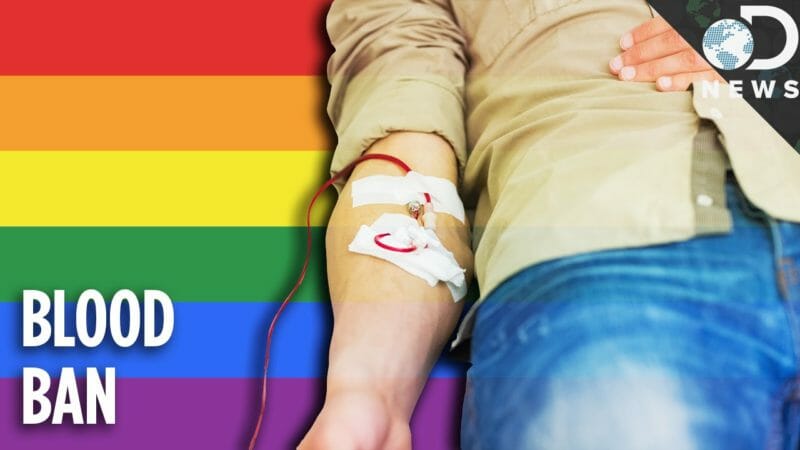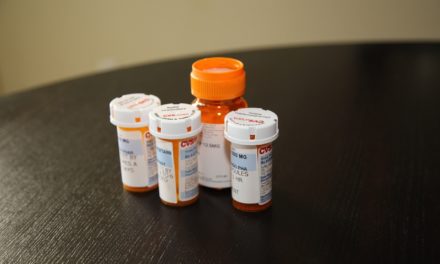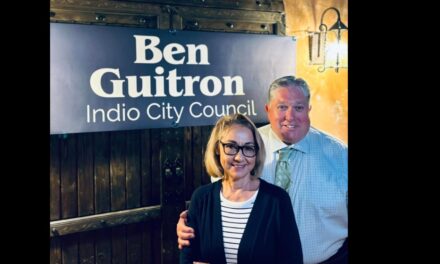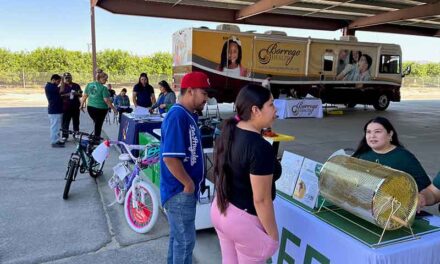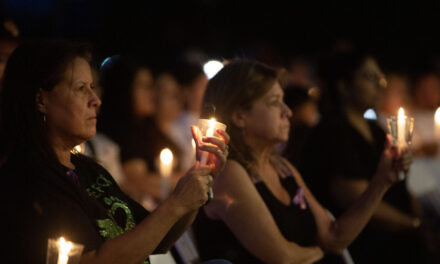There is a group of people – gay men – who long to answer the call to help fill the shelves of LifeStream Blood Bank during its critical blood shortage, but many of them find they cannot because of their sexuality and activity.
LifeStream provides life-saving blood products and services to more than 80 Southern California hospitals and medical facilities. The non-profit organization relies upon the generosity of more than 600 volunteer blood donors daily.
Cold and flu season took a toll on the supply leaving shelves bare at times. Some gay men expressed concern and wanted to help. They could not.
While restrictions have relaxed considerably for gay men who want to donate blood, they are still, practically speaking, shut out of this life-saving effort.
In 2015, the FDA lifted its lifetime ban on accepting blood donations from men who have had sex with men. It changed its recommendation to allowing gay men to donate on the condition they have not had sexual contact with another man in the past 12 months.
The Human Rights Campaign called the change a “step in the right direction,” but said the new policy, “still falls short of a fully acceptable solution because it continues to stigmatize gay and bisexual men.”
The lifetime ban of blood donations from gay men and bisexual men was implemented by the FDA in 1983 at the start of the AIDS crisis, when little was known about the spread of the disease.
Cathedral City was one of the first cities in the Coachella Valley to pass a resolution encouraging the FDA to lift the ban.
Assemblymember Eduardo Garcia, D-Coachella, has long been a champion on this front.
Assemblymember Garcia introduced Assembly Joint Resolution 16 to urge the President of the United States (on behalf of the State of California) to encourage, the Secretary of the U.S. Department of Health and Human Services to adopt policies to repeal the FDA current and upcoming discriminatory donor suitability policies regarding blood donation by men who have had sex with another man and, instead, direct the FDA to develop science-based policies such as criterion based on risky sexual behavior in lieu of sexual orientation.
Significantly this resolution was one of the first Assemblymember Garcia filed as a state legislator. It was Chaptered on Sept. 21, 2015. Essentially what a resolution does is send an official position from the State of California over to the Federal Government. It is often used to chastise, as a call to action or both.
To this day, Garcia remains steadfast in his belief that the FDA should repeal its discriminatory donor policies.
“On my first year in state office, I introduced AJR 16 to call out the FDA’s archaic and discriminatory blood donation policies,” Garcia told Uken Report. “This measure called upon the President to encourage the Secretary of the United States Department of Health and Human Services to repeal their unjust donor suitability policies that have prohibited the majority of gay men from donating blood. Every two seconds, someone in this country needs blood, and I see no reason to exclude a group of viable donors — these policies should be set on science-based criteria.”
To put the issue in context, Riverside County has one of the highest rates of lesbian, gay and bisexual residents — estimated between 3 and 5 percent of the population, fifth in California for same sex-couples in 2010. Palm Springs itself had the highest rates in the state and third in the country.
Image Sources
- Gay Blood Ban: labroots.com

